Understanding resistance and guerrilla warfare requires both theory and lived experience. The books collected here are not just random recommendations; they are foundational works studied by military professionals, scholars, and policymakers worldwide. Many of them inform training courses, doctrine, and contemporary debates about irregular conflict.
This bookshelf is organized into themes from classic guerrilla texts to modern cyber warfare — so readers can trace how ideas have evolved across time and technology. Our editorial team reviews and selects these works based on their relevance to today’s practitioners and researchers. While some links may be affiliate (disclosed), recommendations are made solely on merit and utility.
Classic Resistance & Guerrilla Warfare Texts
These foundational works shaped the theory and practice of insurgency throughout the 20th century. Written by revolutionary leaders and theorists, they remain core reading in military academies and resistance studies. Each reflects a unique cultural and political context, yet together they define the intellectual roots of guerrilla warfare.
These foundational works define guerrilla warfare and resistance strategies.
Modern Irregular Warfare & COIN (Counterinsurgency)
The post-9/11 era revived interest in counterinsurgency and irregular warfare, as Western militaries confronted insurgencies in Iraq and Afghanistan. These works represent doctrinal codifications, critiques, and practical reflections on that turbulent period.
These books focus on modern asymmetric warfare and counterinsurgency strategies.
Historical Resistance Movements
Case studies anchor theory in lived history. These works illuminate how resistance movements emerged, organized, and fought under occupation, from Nazi Europe to colonial struggles. They provide hard-earned lessons on both success and failure.
Case studies of real-world resistance movements and their impact.
Psychological & Information Warfare
Resistance is as much about minds as about conflict. These texts explore the psychological underpinnings of revolution, propaganda, and narrative control — tools that remain decisive in modern conflict.
Books exploring propaganda, influence, and narrative control in resistance.
Cyber & Hybrid Warfare
Irregular conflict has expanded into the digital and hybrid domains. These works illustrate how cyber operations, information manipulation, and hybrid strategies reshape insurgencies and state responses in the 21st century.
How Modern Technology Is Reshaping Insurgencies and Resistance Movements.
Biographies & Case Studies
Individual stories illuminate how theory translates into action. These biographies and case studies reveal the personal dimensions of guerrilla leadership, covert operations, and resilience under extreme conditions.
Personal stories of revolutionaries, resistance leaders, and special forces.
Distilled Concepts and Strategy
These distilled works cut through theory-heavy tomes, focusing on core principles of insurgency and resistance. They are designed for practitioners and students who want actionable insights without excess complexity.
All the essentials, none of the excess.
About this Resource
This bookshelf was curated by The Resistance Hub editorial team. Selections reflect texts used in professional training, academic study, and operational analysis of irregular warfare. While some links are affiliate-supported, recommendations are made solely on merit. For additional references, see our ARIS Collection and Editorial Policy.
Have a Book Recommendation? Let Us Know!
This list is just the beginning! If you know of any must-read books on resistance, guerrilla warfare, or irregular conflict, drop your suggestions in the comments below. Your input helps expand this bookshelf into the ultimate resource for those studying unconventional warfare!

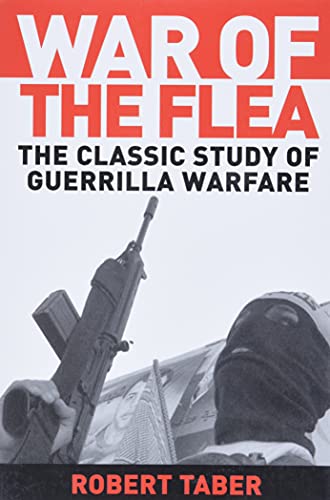



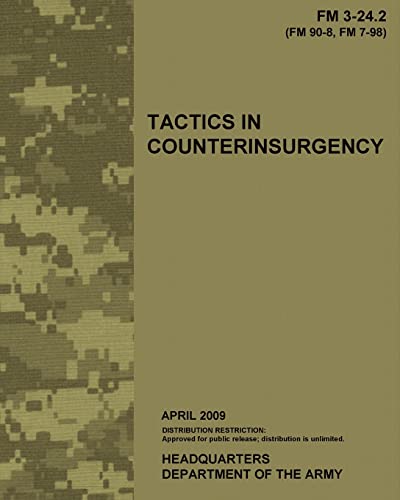

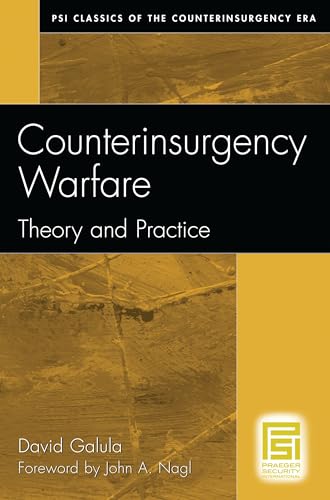
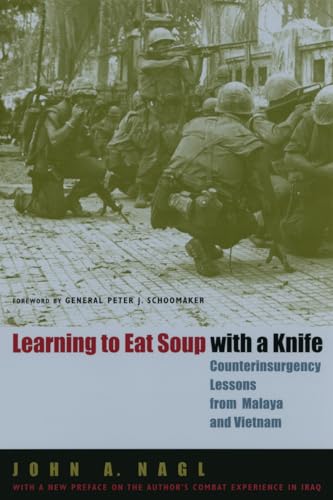
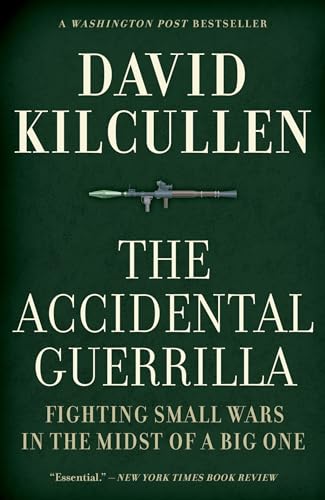
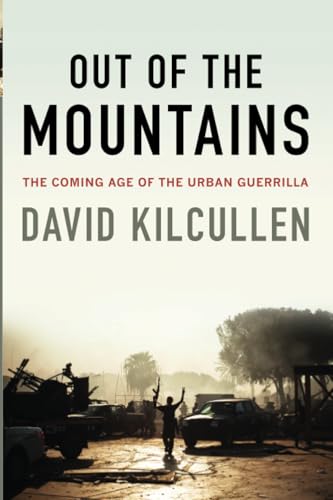
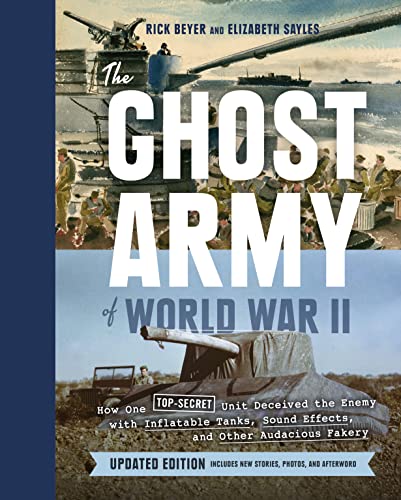
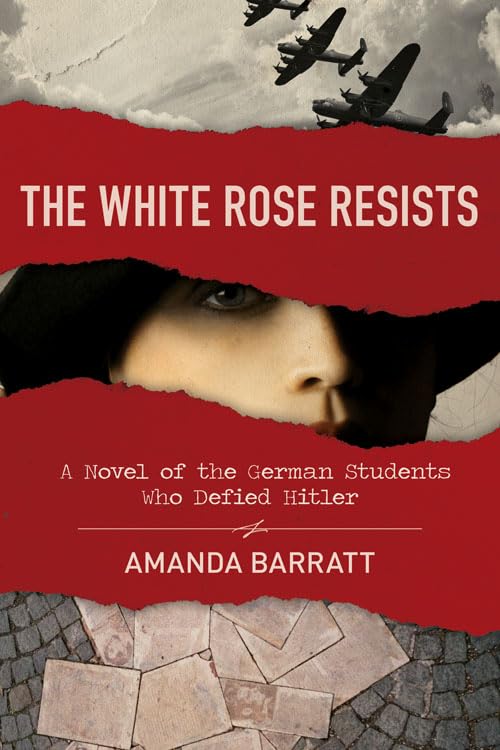


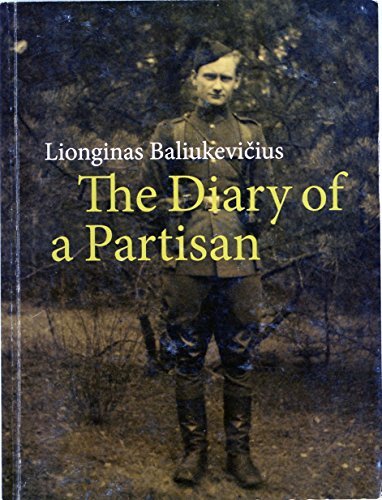

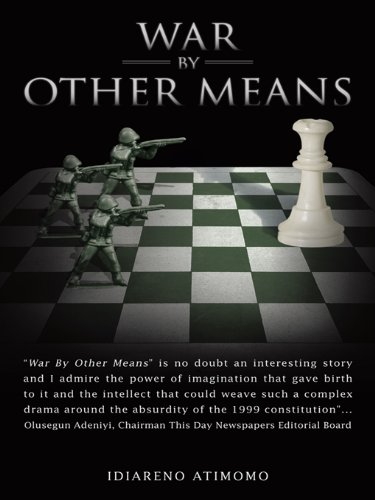
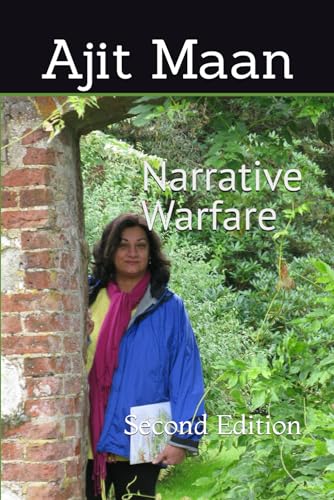

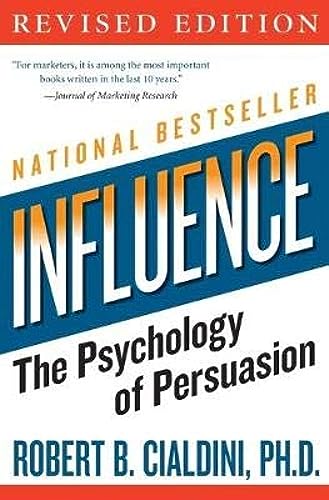

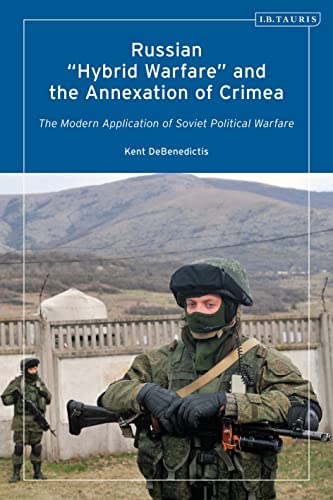
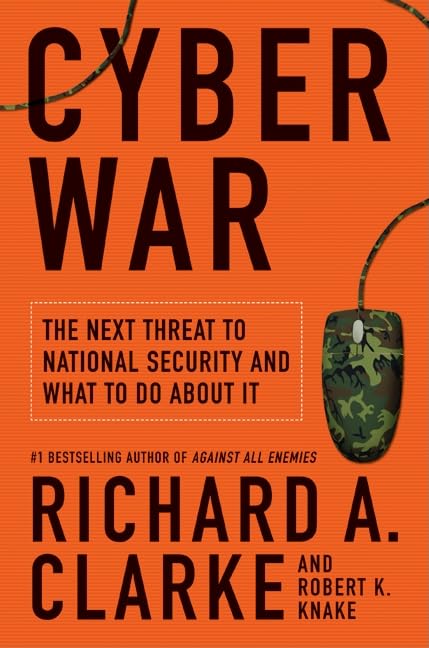

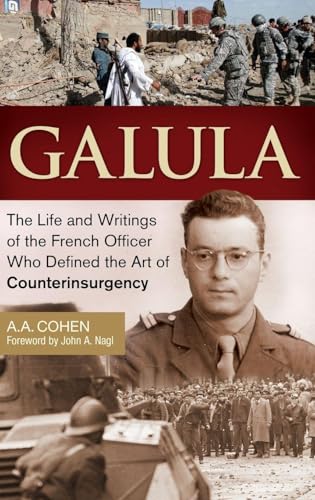
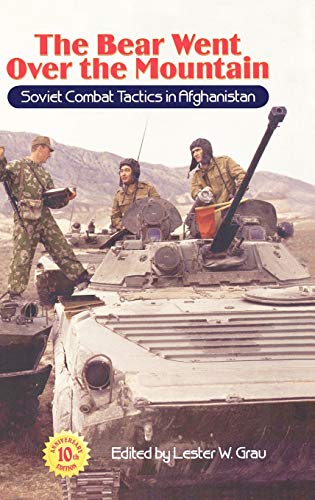
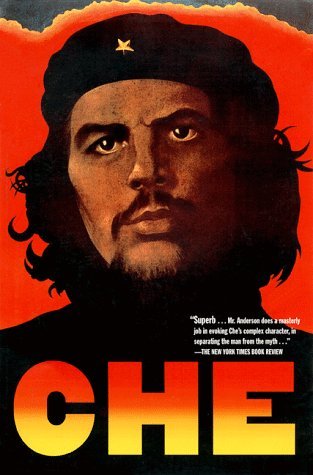


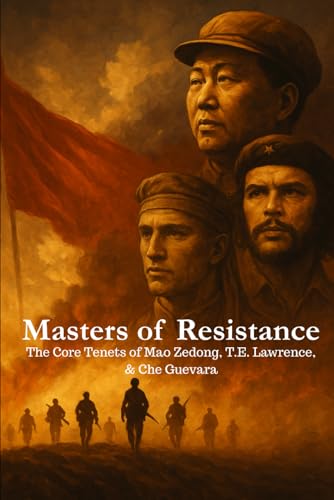

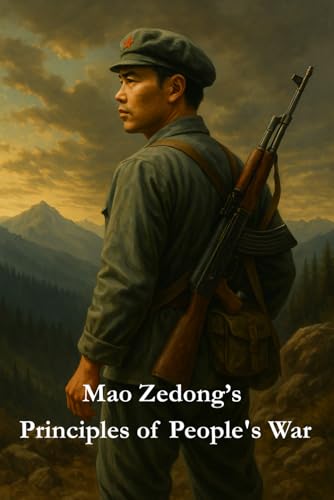


Leave a Reply